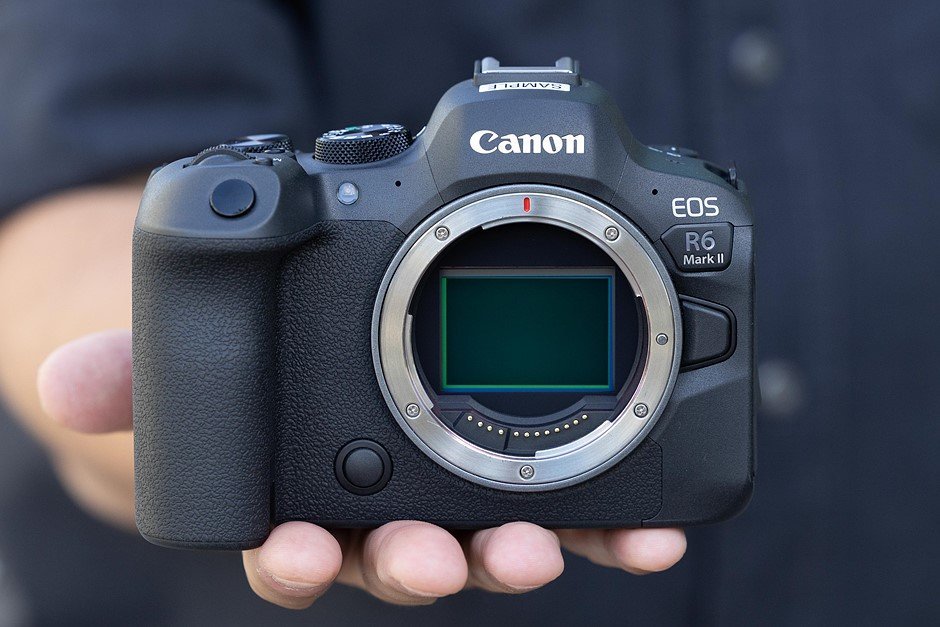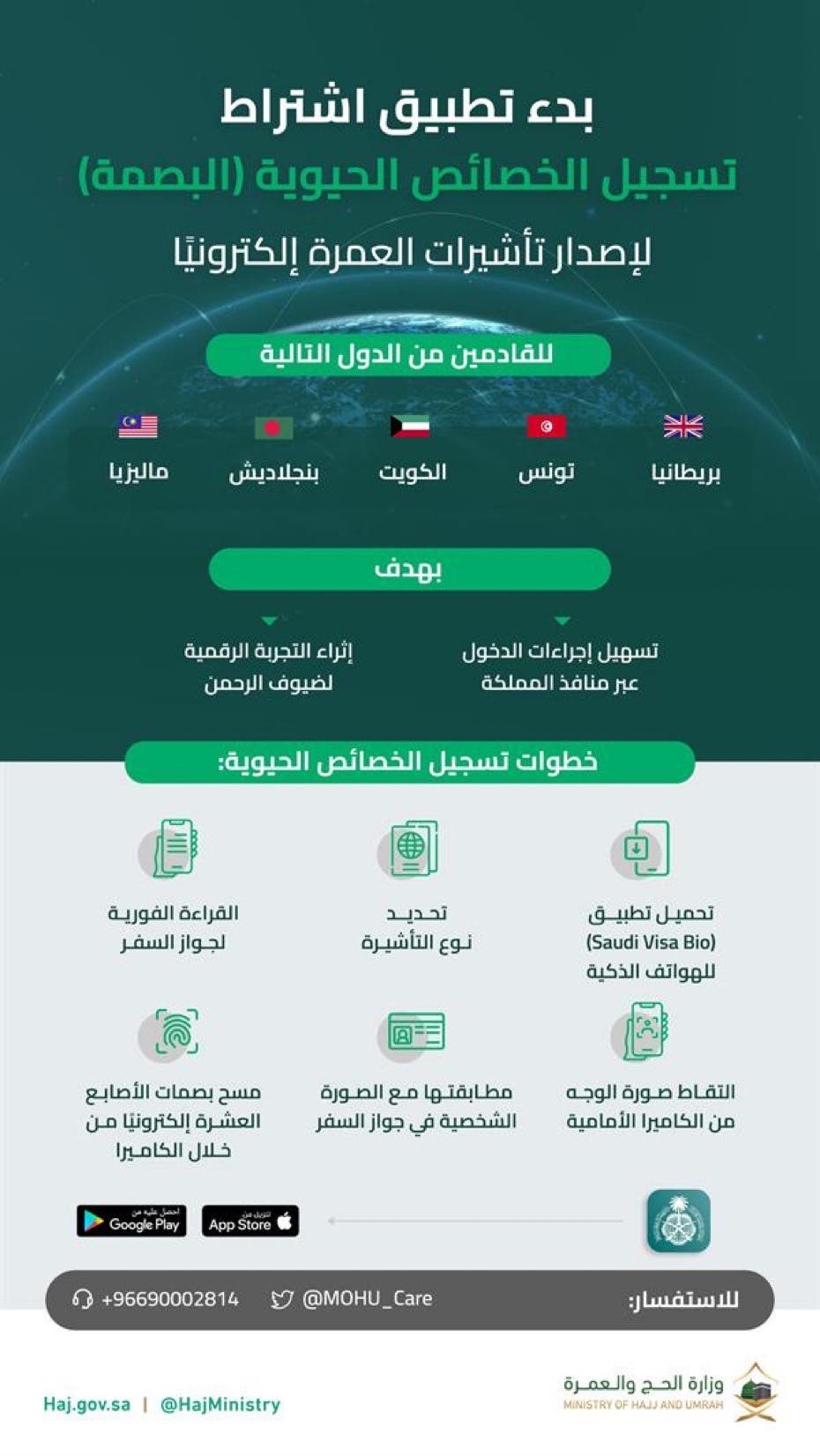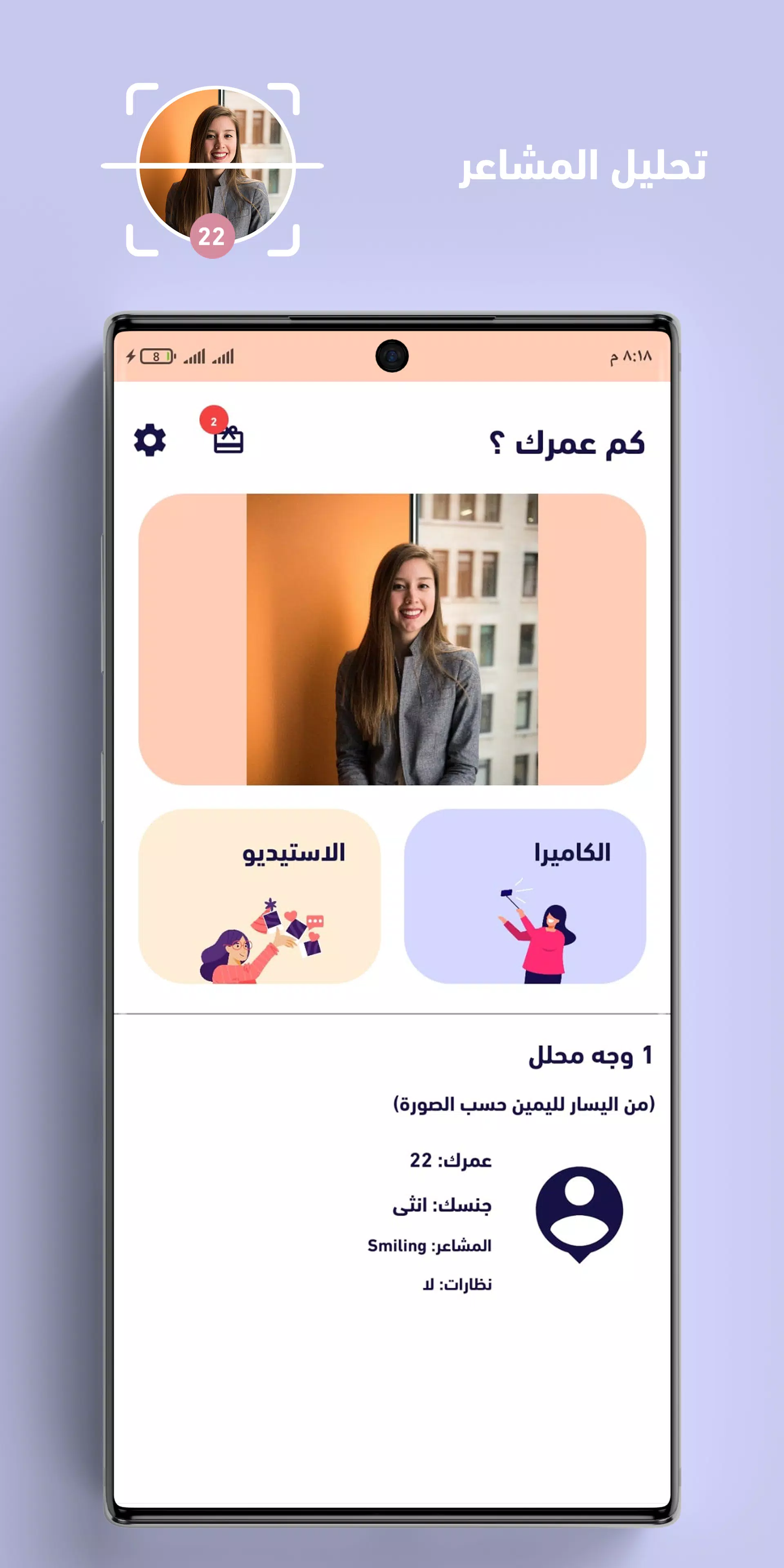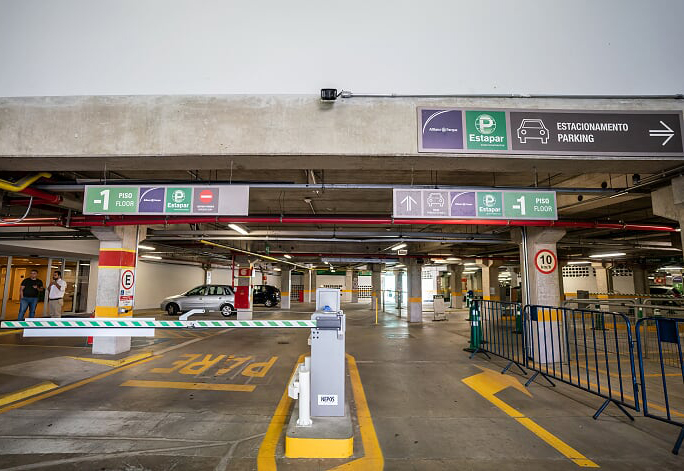![لعبة الكاميرا الرقمية بدقة 1080 بكسل للاطفال من اميرتير، مع [بطاقة ذاكرة 32 جيجا وقارئ البطاقة]، كاميرا فيديو صغيرة قابلة لاعادة الشحن ومقاومة للصدمات، هدية للاطفال الاولاد والبنات : Amazon.ae: دمى وألعاب لعبة الكاميرا الرقمية بدقة 1080 بكسل للاطفال من اميرتير، مع [بطاقة ذاكرة 32 جيجا وقارئ البطاقة]، كاميرا فيديو صغيرة قابلة لاعادة الشحن ومقاومة للصدمات، هدية للاطفال الاولاد والبنات : Amazon.ae: دمى وألعاب](https://m.media-amazon.com/images/I/51+9KNViNKL._AC_UF1000,1000_QL80_.jpg)
لعبة الكاميرا الرقمية بدقة 1080 بكسل للاطفال من اميرتير، مع [بطاقة ذاكرة 32 جيجا وقارئ البطاقة]، كاميرا فيديو صغيرة قابلة لاعادة الشحن ومقاومة للصدمات، هدية للاطفال الاولاد والبنات : Amazon.ae: دمى وألعاب

جديد عصرية IP67 ضد الماء LTE طويل العمر البطارية المراهقين الأولاد الفتيات الأطفال يشاهدوا نظام تحديد المواقع العالمي (GPS) مع نظام Geo-fence ينبهون إلى 360 درجة تدوير الكاميرا المزدوجة - الصين جهاز

كاميرا أطفال مطبوعة فورية من جوي دريب، كاميرا للأطفال مع شاشة LCD عالية الدقة مقاس 2.4 بوصة، كاميرا رقمية بدون حبر مع ورق طباعة حراري وملصقات كرتينية، كاميرا تعليمية للأطفال من عمر

كاميرا داهوا، HFW1209C، فيديو ملون بجودة عالية، كاميرا بدقة 2 ميجا بيكسل - مرحبا بكم في شركة المصرية الصينية Egyptian Chinese للتكنولوجيا الحديثة والمتطورة ، تأسست الشركة عام 2012 ، وتعمل الشركة
























